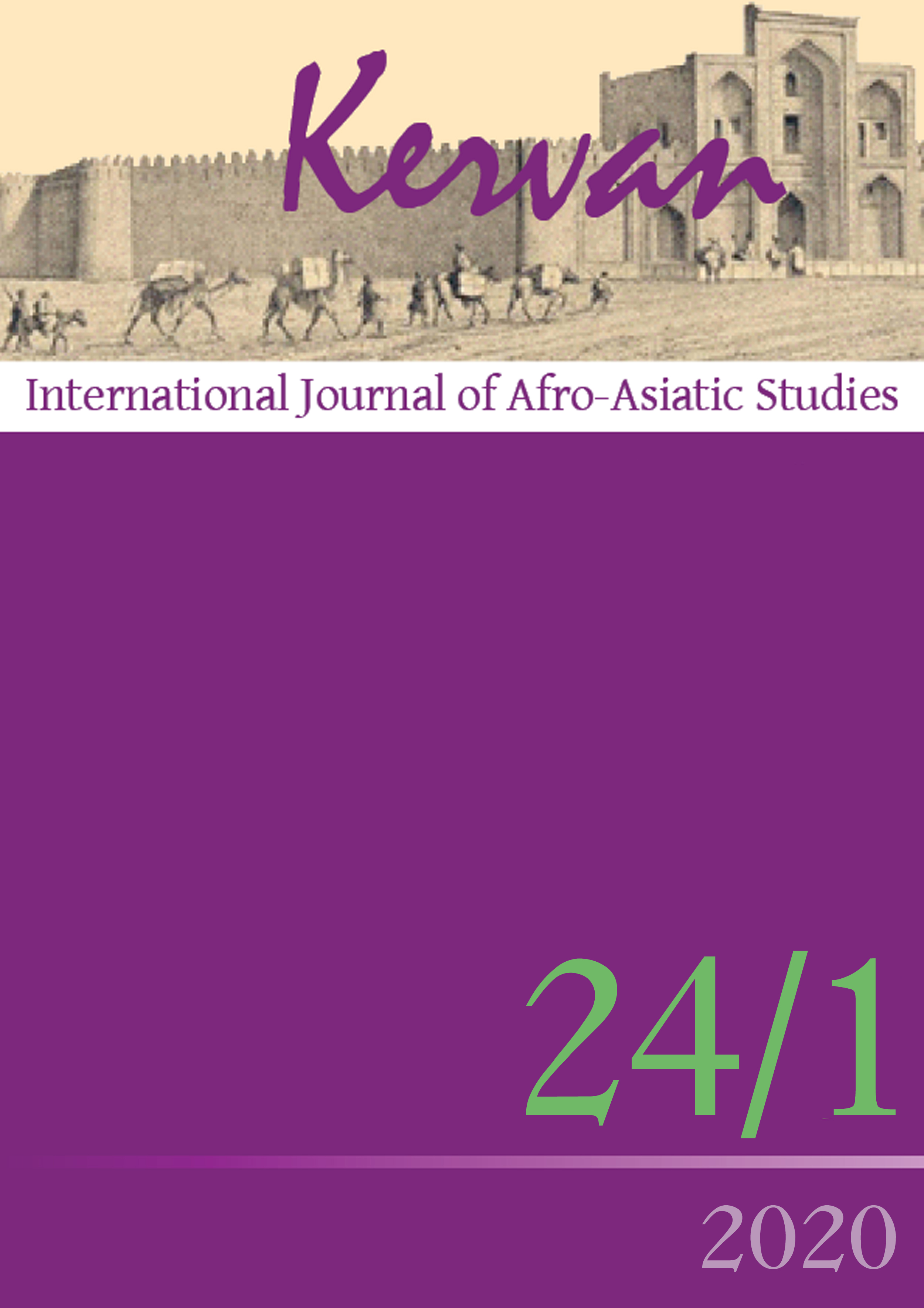Hindu Theodicy and Jan Gopal
DOI:
https://doi.org/10.13135/1825-263X/4094Abstract
In the view of Max Weber, a theodicy refers to the way in which different religions represent how what happens to persons after death is determined by their actions in their present lives. The standard Hindu theodicy claims that our behaviour in this and previous lives leads to a better or worse rebirth. This essay discusses how this Hindu theodicy was modified by religious thinkers who wished to accommodate this system to a more egalitarian and fluid social system through the infusion and elevation of the concept of religious devotion or bhakti. The main example used is the work of a seventeenth-century Hindu poet named Jana Gopāla. His views are compared to those of earlier Hindu texts and to those of an eighteenth century Italian Christian missionary in India.
Downloads
Downloads
Issue
Section
License
Gli autori che pubblicano su Kervan accettano le seguenti condizioni:
- Gli autori mantengono i diritti sulla loro opera e cedono alla rivista il diritto di prima pubblicazione dell'opera, contemporaneamente licenziata sotto una Licenza Creative Commons - Attribuzione che permette ad altri di condividere l'opera indicando la paternità intellettuale e la prima pubblicazione su questa rivista.
- Gli autori possono aderire ad altri accordi di licenza non esclusiva per la distribuzione della versione dell'opera pubblicata (es. depositarla in un archivio istituzionale o pubblicarla in una monografia), a patto di indicare che la prima pubblicazione è avvenuta su questa rivista.


 The articles that have appeared on Kervan since 2016 are rated as Class A in the system of National Scientific Qualification (ASN, disciplines 10/N1 and 10/N3).
The articles that have appeared on Kervan since 2016 are rated as Class A in the system of National Scientific Qualification (ASN, disciplines 10/N1 and 10/N3). The journal has been approved for inclusion in DOAJ. The DOAJ listing of the journal is available at
The journal has been approved for inclusion in DOAJ. The DOAJ listing of the journal is available at  The journal has been approved for inclusion in ERIH PLUS. The ERIH PLUS listing of the journal is available at
The journal has been approved for inclusion in ERIH PLUS. The ERIH PLUS listing of the journal is available at  Kervan was just accepted for indexing in SCOPUS. This important milestone ensures that articles published in Kervan are easily found when searching for library, archives and Information science and it enables Kervan authors to keep track of how often their article has been cited by others.
Kervan was just accepted for indexing in SCOPUS. This important milestone ensures that articles published in Kervan are easily found when searching for library, archives and Information science and it enables Kervan authors to keep track of how often their article has been cited by others.

